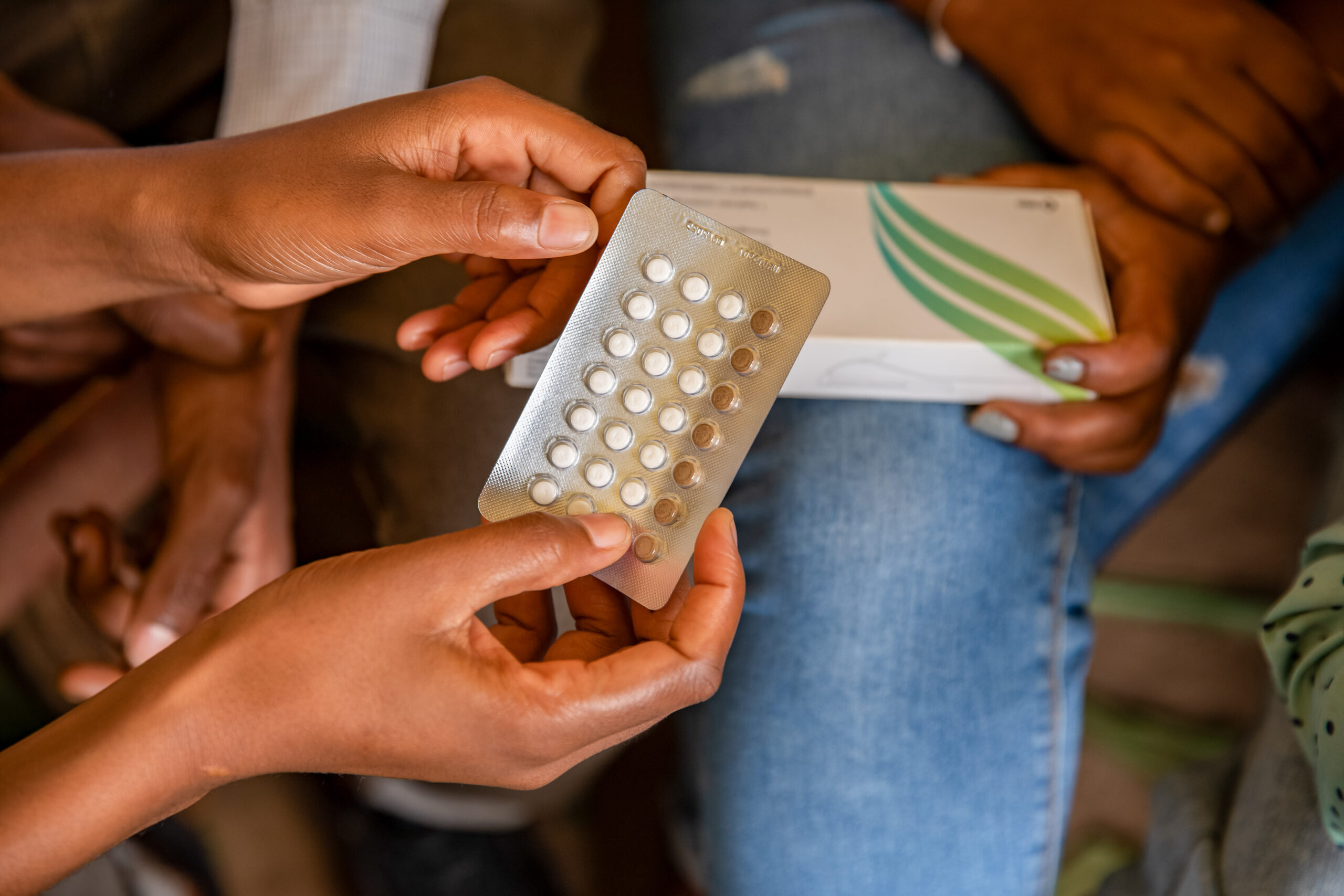In 2015, MSI Bangladesh set up a trial to see whether mobile phone voice messages could help promote contraceptive use among women who had received a menstrual regulation service.
Although the main aim wasn’t achieved, as there was no increased uptake in long acting reversible contraception, the study revealed something else entirely – a higher proportion of women who received the voice messages reported intimate partner violence than those who didn’t.
We believe this is the first trial to adequately measure and demonstrate a link between a mobile health (mHealth) intervention and intimate partner violence.
The study highlights the need to monitor unintended consequences in new research. By monitoring partner violence, we were able to detect an increase among women receiving voice messages and avoided scaling up an intervention that may cause unintended harm.
It’s vital that future research and programmes in this area are mindful of these findings and monitor partner violence in a similar way, to keep risk to participants to a minimum.
You can access the research paper in full via the Global Health: Science and Practice Journal.








